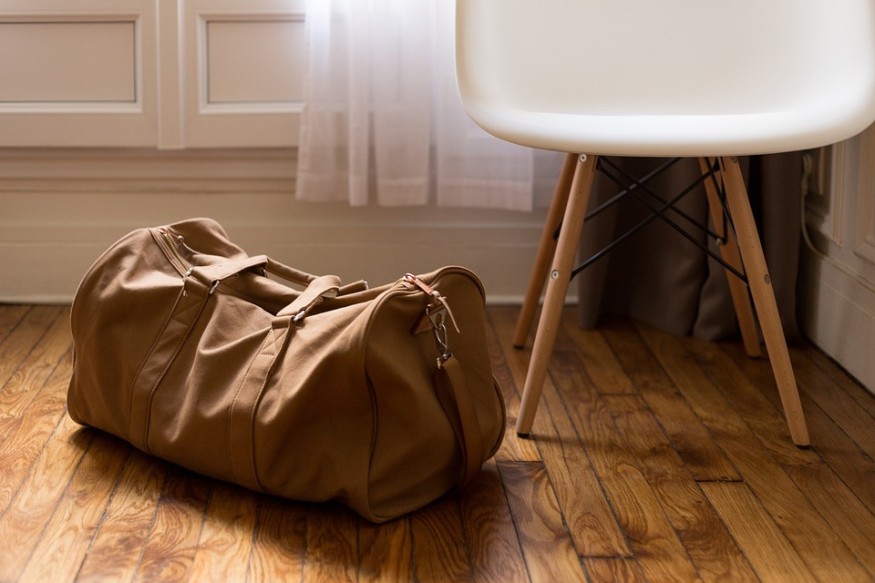
Packing for a trip can seem like solving a jigsaw puzzle. How do you bring everything you need and choose the things to leave out? Certain items are needed to remain comfortable and relaxed.
As you travel more, the more you'll learn to distill your carry-on bag to contain essentials. Here are some suggestions:
1. Earplugs
Taking a nap or catching up on work on a plane will be a burden if there is a crying baby seated next to you. Traveling with earplugs is a must if you don't want your flight to be a nightmare. Adding to your problem are loquacious seatmates, redundant in-flight safety videos, revving airplane engines and someone snoring loud while you're trying to take a nap. Another important reason: surveys have shown that as much as 30 percent of fliers feel ear pain due to changes in air pressure, and the percentage of sufferers increase dramatically if they suffer from allergies or fly with a cold or flu.
Insert the ear plugs for flying before taking off and leave them inserted until the airplane has reached cruising altitude. It is important to ensure they are properly sealed in the ear canal. Even the tiniest gaps can result in ear pain.
2. Thick socks
It will get chilly inside the airplane. You should be equipped with a pair of cozy, thick socks or slippers other than the fleece blanket provided.
Why do you need compression socks? There is an increased risk of Deep vein thrombosis or DVT, due to the restriction of movement, the gravity and traveler's inactivity during 7 or more hours. Compression socks help increase circulation and reduce the risk of swelling or worse DVT and clotting on a long flight.
The use of graduate below-the-knee compression stocking on long-haul flights is recommended by the American College of Chest Physicians (ACCP) of 2012.
3. Daily medications
If you're planning to bring your prescription or over-the-counter medicine on your trip, check with the foreign embassy of the country you will be visiting or passing through to make sure your medicines are permitted in that country. Your prescription medicines and even some over-the-counter medications might be illegal where you are headed.
Consult with your physician to identify your healthcare needs at your destination. Research the environmental conditions like altitude, air pollution and humidity at your destination.
Always carry your medications, doctor's letter and permits in your carry-on luggage. This is for convenience and illness could strike at any time while traveling.
4. Important documents
The number one thing that causes travel plans to fall short are documentation requirements. Fortunately, they are minimal.
Keep your wallet, passport, and flight tickets in your carry-on. Before you fly, make duplicates of all your documents. Take a copy with you (and keep it safe in with your luggage, separate from the originals). Divide your money and important documents into different compartments of your luggage. Keep your bag close to your body and pay attention to your surroundings.
We hope you can add those to your checklist now.
This article is copyrighted by Travelers Today, the travel news leader



